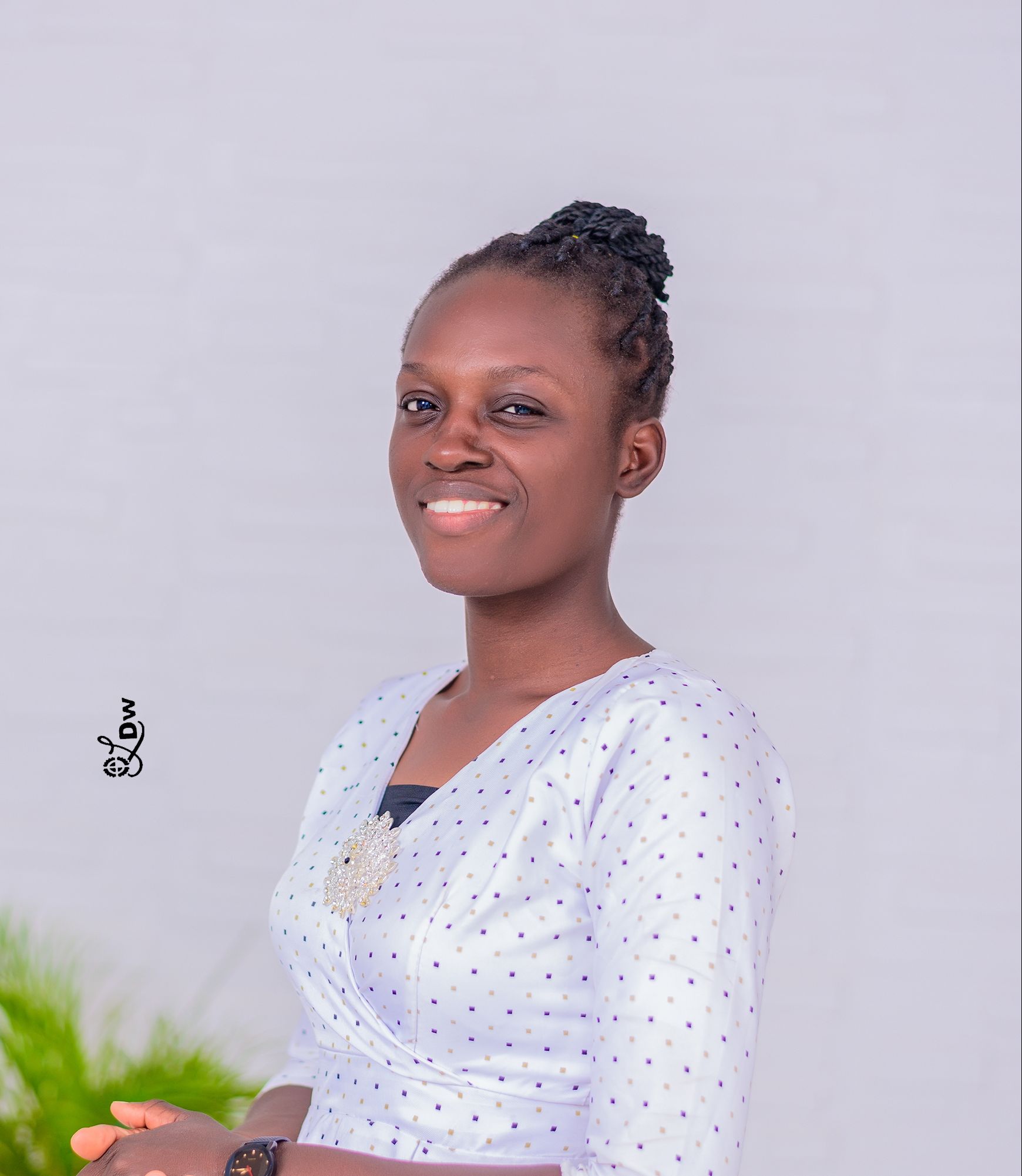by Deborah Oluniran Adeniyi
The Journal of African Youth Literature—also known as JAY Lit—has a reputation for mixing things up by publishing some of the newest voices in African literature alongside reputable and award-winning authors. But whatever the case, they stick to their mantra of being a journal that is all about African youths, be it through creations by those youths themselves or older authors creating for the youth demographic. Like in the newly released JAY Lit Issue 6, there are always contributors as young as 19 and others as old as 40, and one beautiful thing this accomplishes is a perfect blend of points of view.
The new issue is a collection of nineteen poems, eleven short stories, and two critical essays, and they come from all around Africa, as well as from African writers living in the diaspora. Through the African eyes of bold and unjaded voices, the issue explores topics like loss, grief, pain, identity, mental health, hope, faith, and much more. The voices are so diverse, yet so similar. Somber issues are addressed with humor, innocence, and critical eyes, while retaining the gravity of such issues, a feat so impressive considering the young average age of the issue’s contributors.
One striking element in the issue is the unplanned synchronization of some of the writers’ works. In Mohammed Babajide Mohammed’s short story, “A Traveler’s Dilemma”, we see a masterful philosophical approach to seeking happiness and the consequences of actions. This bears a semblance to Faith Brown’s poem, “The Architecture of Happiness”, where we are admonished: …to be careful, sweet creature with the happiness you strongly desire, as in the endless chase, you might find it backfire… I find this connection intriguing, as Mohammed’s story mirrors the warning in Faith’s poem almost like a direct call and response, showing us a young girl in search of more. Through dreams, the girl travels, taking us to times and places long gone as well as others yet to come. She does this until she enters forbidden territories. By the time she decides to stop, she realizes too late that she has crossed that line.
In Abiodun Awodele’s “Amen”, we see a young man from a religious family who wants absolutely nothing to do with God. He finds too soon that a cruel personal joke he makes about prayers had gone beyond his control, even to the extent of claiming a life. Abiodun plays with humor, simple and relatable language, as well as relatable experiences. Similarly, in Uaueza Kanguatjivi’s “Fighting Battles”, we see a simple, yet moving poem on faith, love, and a woman’s daily struggles in an unsettled society.
Bongiwe Maphosa’s “The Way Home” commands attention with moving and deeply carved sentences. The story opens with: I cradle my boy in my arms until his body is cold. And as we read on, we see words jumping at us, begging to be held tenderly. Words, becoming people: I did not know they made coffins that small until I had to pick one out. The story is of a young woman defiantly refusing to accept the loss of her 35-day-old baby. Here, Bongiwe exposes us to raw emotions and real-life characters that are hard to forget. On the other hand, as seen in “Oddity” by Aishat Adesanya, we have simple language and humor deployed to take on sensitive topics like schizophrenia, spirit husband, migration, and identity. Even though the two characters in these stories are grappling with mental health issues, both Bongiwe and Aishat succeed in drawing out different emotions from us. While we pity one and maybe get angry at her misguided ideas, we may find ourselves shedding a few tears for the other. This further goes to prove that some events and circumstances, though similar, could mean different things to different people.
It’s commendable to see that all the content featured in this issue are reflective of a lot of the realities we see around us today, even those set in a different time. In “The So Called Free” by Kaushar Edoo Bibi Auleear, she talks about women and their so-called freedom; a glaring fact that women experience oppression every day and everywhere. The two essays in the issues are not left out, as they compare germane issues of colonialism, language, and identity—monstrosity, good and evil, as seen in selected books, with the aim of raising thought-provoking questions. I find it interesting that the journal’s new Managing Editor, Ibrahim Babátúndé Ibrahim, penned one of the essays, alongside a truly inspiring editorial forward.
After reading this aesthetically pleasing new issue of The Journal of African Youth Literature—JAY Lit Issue 6—I believe the fact is further buttressed that the journal gets bolder and better with every issue and contribution it makes to African Literature. It was a truly great read!
BIO: Deborah Oluniran Adeniyi is a 2018 alumna of the Chimamanda Ngozi Adichie-led Purple Hibiscus Creative Writing Workshop and a 2023 shortlistee for the Morland Writing Scholarship. She’s a Nigerian writer, editor, and literary critic whose work has been published all around the world on platforms like Litro UK, Iskanchi, SAND 26, Agbowó, Ocotillo, When Dreams Burn Vol.1 (Anthology), Hotch Potch Literature & Art, and elsewhere.











































